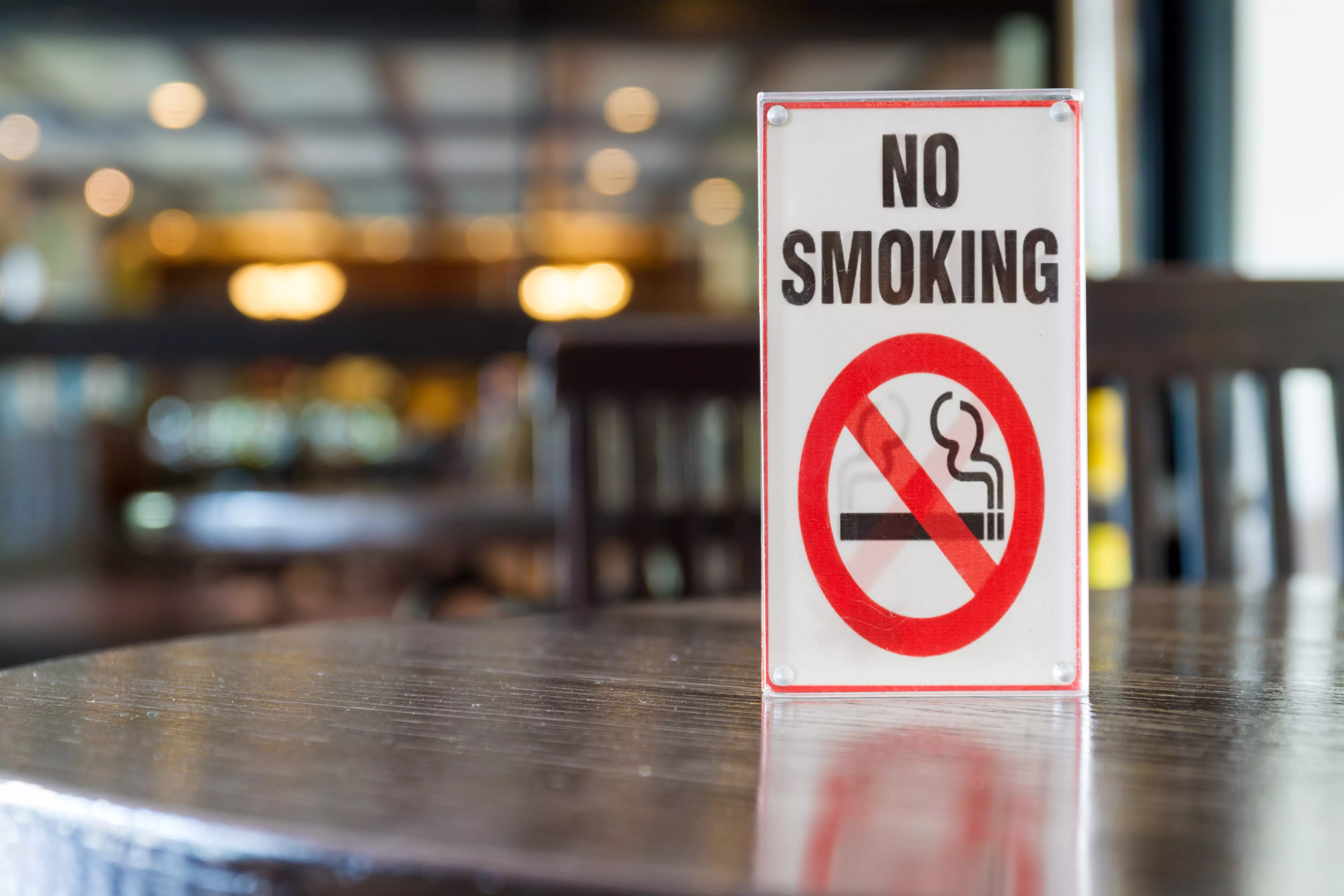Title: Banning smoking in public places: Effectiveness and challenges
Smoking bans in public places are one of the most important tools in the fight against passive smoking. In this article, we look at the effectiveness of these restrictions and the challenges associated with them.
Effectiveness of smoking bans
Over the years, many studies have been conducted to assess the effectiveness of smoking bans in public places. Most of them suggest that such bans are effective - they lead to a significant reduction in exposure to secondhand smoke, and can also help reduce the number of smokers. In addition, studies indicate that smoking bans lead to improvements in the overall health of the population, which translates into reduced health care costs.

Challenges of smoking bans
Despite their effectiveness, smoking bans in public places pose some challenges. Here are some of them:
1. Application and compliance: Introducing a smoking ban is one thing, and adhering to it is quite another. Many people continue to smoke in public places despite the bans in place, making it difficult to effectively enforce such a ban.
2. Public opposition: Smoking bans often face opposition from parts of society, especially among smokers. Some argue that such bans violate their personal rights and freedom of choice.
3. Social inequality: Smoking bans can also exacerbate social inequality. People of lower socioeconomic status are more likely to be smokers, and smoking bans can create additional tension and stress in these groups.
Summary
Smoking bans in public places are an effective tool in the fight against passive smoking and have a positive impact on public health. However, like any broad-based measure, they come with some challenges. The challenge for politicians and the public is to balance the public health benefits of smoking bans with the need to respect individual rights and address social concerns. Despite these challenges, smoking bans in public places are a necessary step toward a healthier society.

Add comment